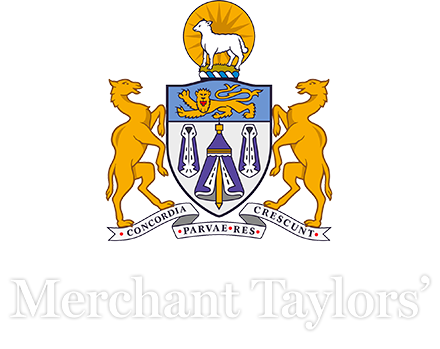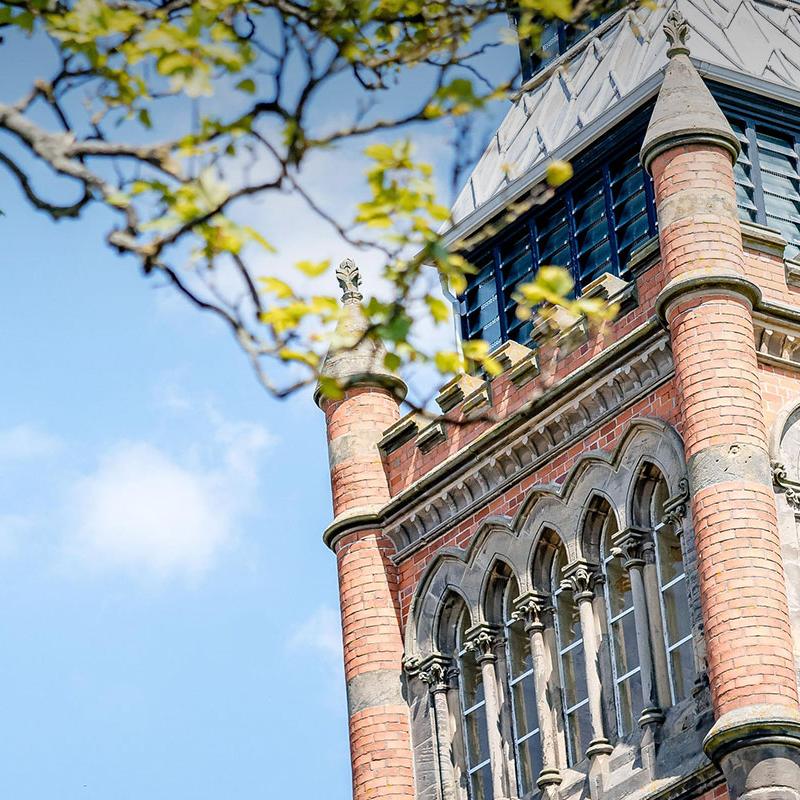Design & Technology
Taught by a specialist teaching team, the A-Level course places greater emphasis on understanding and applying iterative design processes. Students will use their creativity and imagination to design and make prototypes that solve real and relevant problems, considering their own and others’ needs, wants and values.
The course includes the study of contemporary design issues, the life-cycle of a product, engineering methods and resistant materials. Students investigate historical, social, cultural, environmental and economic influences on design and technology, whilst enjoying opportunities to put their learning in to practice by producing prototypes of their choice using traditional craft methods alongside new technologies, CAD/CAM/CNC, using machines such as CNC lathes, laser cutters and 3D printers.
Students need a genuine interest in manufacture and design and must have a minimum level 6 at GCSE Design & Technology. Some students use this subject as an opportunity to complete an Extended Project Qualification, whereby their practical skills prove useful in the submission.
The subject is closely related to industrial and commercial standards providing transferable skills for the future; ICT, organisational, analytical and evaluative. Students gain a real understanding of what it means to be an Engineer alongside the knowledge and they go on to study Engineering, Design, Architecture and many other related career paths at University.
Assessment is by two paper assessments; in technical principles and design making principles (50% overall mark) and a non-exam assessment (also 50%), which involves a substantial design and make project reflecting the practical application of technical, designing and making principles.




